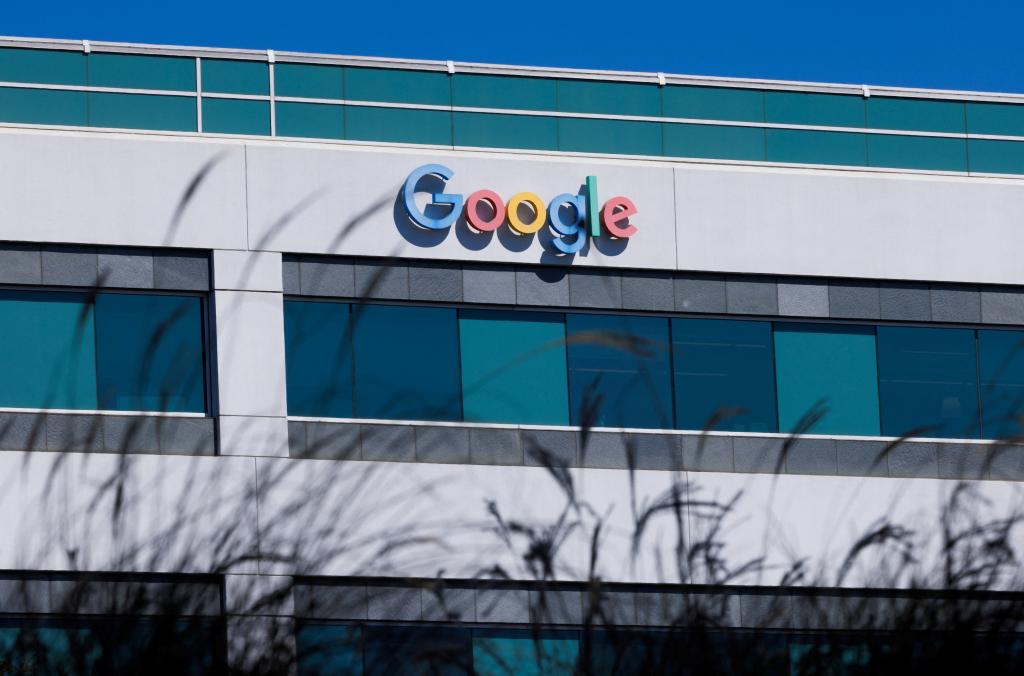Sweeping Remedies Could Reshape the Tech Giant’s Future as Rivals Stand to Benefit
The U.S. Department of Justice (DOJ) is pushing for sweeping antitrust remedies aimed at breaking up Google’s dominance in online search, potentially undermining the tech giant’s core business while reshaping the competitive landscape of artificial intelligence (AI). This legal battle, part of the largest U.S. antitrust effort since the Microsoft case in 1999, threatens to upend Google’s primary profit engines, including its Chrome browser and Android operating system, which the DOJ claims have been used to maintain an illegal monopoly.
The DOJ’s proposed remedies include potentially forcing Google to divest critical parts of its business, limiting its ability to collect sensitive user data, and opening up its search indexes and results to competitors. Additionally, the DOJ is considering requiring Google to allow websites to opt out of contributing to AI training, a move that could disrupt the company’s AI advancements.
Threats to Google’s Profit Engine and AI Growth
Google, a subsidiary of Alphabet, has built a vast empire around its search engine, which remains a major source of revenue through digital advertising. The DOJ’s focus on curbing the data accumulation that fuels this success could severely weaken its profitability. Analysts warn that the proposed remedies strike directly at the foundation of Google’s dominance, which has made it synonymous with online search for over two decades.
“The DOJ has reverse-engineered Google’s formula for success and is intent on dismantling it,” says Gil Luria, managing director and senior software analyst at D.A. Davidson. Luria notes that one of the key remedies—forcing Google to either stop collecting data or share it with competitors—could ultimately strengthen rival platforms by allowing them access to Google’s data, leveling the playing field.
Potential Impact on AI Rivals and the Market
The implications of the DOJ’s proposals extend beyond search. Google has been a major player in the race for AI supremacy, facing increasing competition from the likes of OpenAI and Microsoft-backed ChatGPT, as well as Meta’s advancements in open-source AI technology. The AI-specific remedies under consideration could slow Google’s progress in developing cutting-edge AI models at a time when it faces stiff competition.
“The last thing Google needs in the broader AI battle is to be fighting with one hand tied behind their back by regulators,” says Bernstein analyst Mark Shmulik. Startups such as OpenAI and other search players like DuckDuckGo and Microsoft Bing are positioned to benefit from Google’s regulatory struggles. If Google’s grip on search weakens, these rivals may seize the opportunity to expand their market share, with DuckDuckGo already expressing support for the DOJ’s wide-ranging approach.
Google’s Response and Investor Concerns
While the DOJ’s efforts have captured headlines, not all industry observers are convinced the remedies will survive the legal process. Adam Kovacevich, CEO and founder of the tech trade group Chamber of Progress, dismisses the breadth of the proposed actions as “remedy spaghetti” that is unlikely to pass the appeals process.
Alphabet investors have already reacted to the news with caution. Following the DOJ’s announcement, shares of Alphabet fell 1.5%, as investors braced for the potential fallout from the proposed breakup. This comes after a separate ruling earlier in the week ordering Google to open up its app store, marking another significant regulatory blow to the company.
Despite the pressure, Google remains focused on defending its market position and advancing its AI technology. “The non-profit is core to our mission and will continue to exist and thrive,” the company reiterated in a statement, signaling that it has no intention of backing down easily.
Uncertain Path Forward
Though the DOJ’s proposed remedies could take years to finalize, their potential impact on the future of Google and its competitors is already being felt. The legal battle promises to reshape not only the search industry but also the race for AI dominance. Whether these remedies survive the legal gauntlet or not, the antitrust case against Google represents a turning point for Big Tech, with implications that could reverberate across the entire industry.
4o
Post Views: 33
















